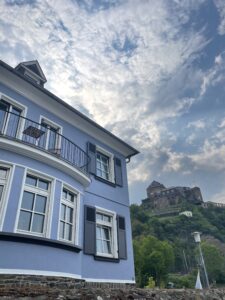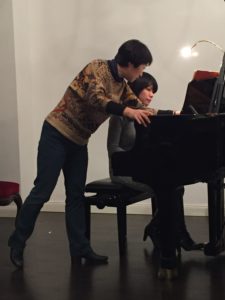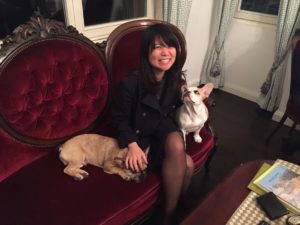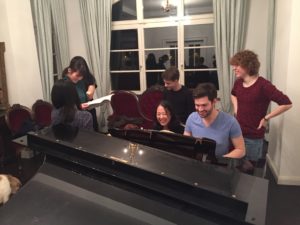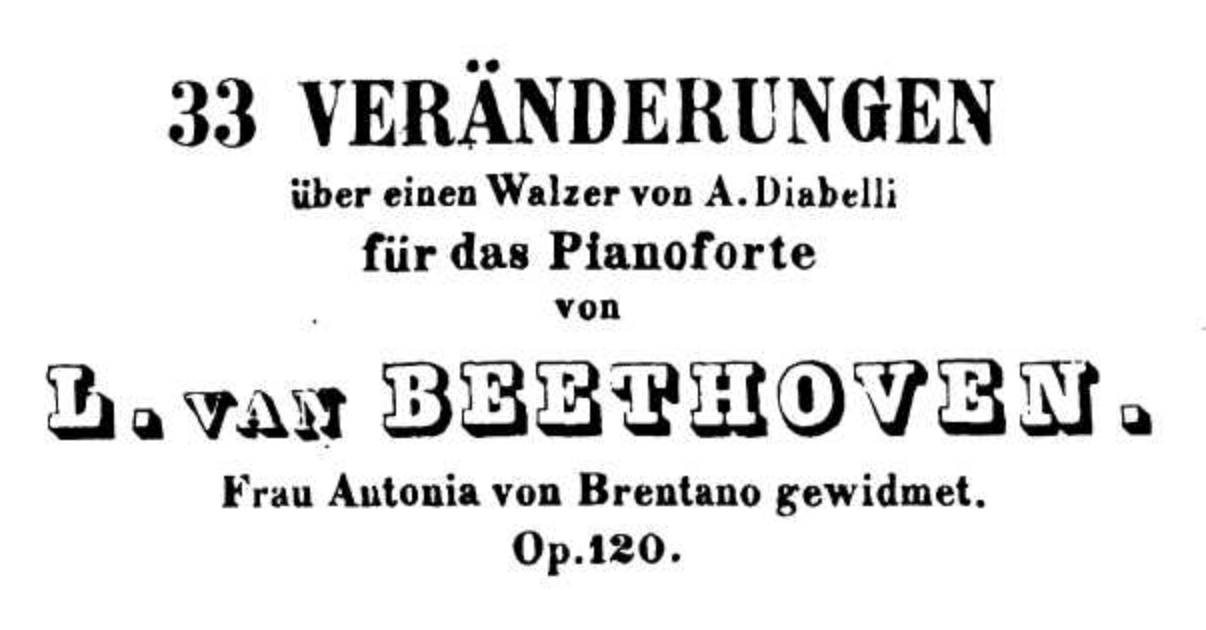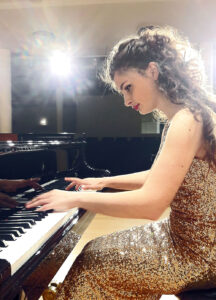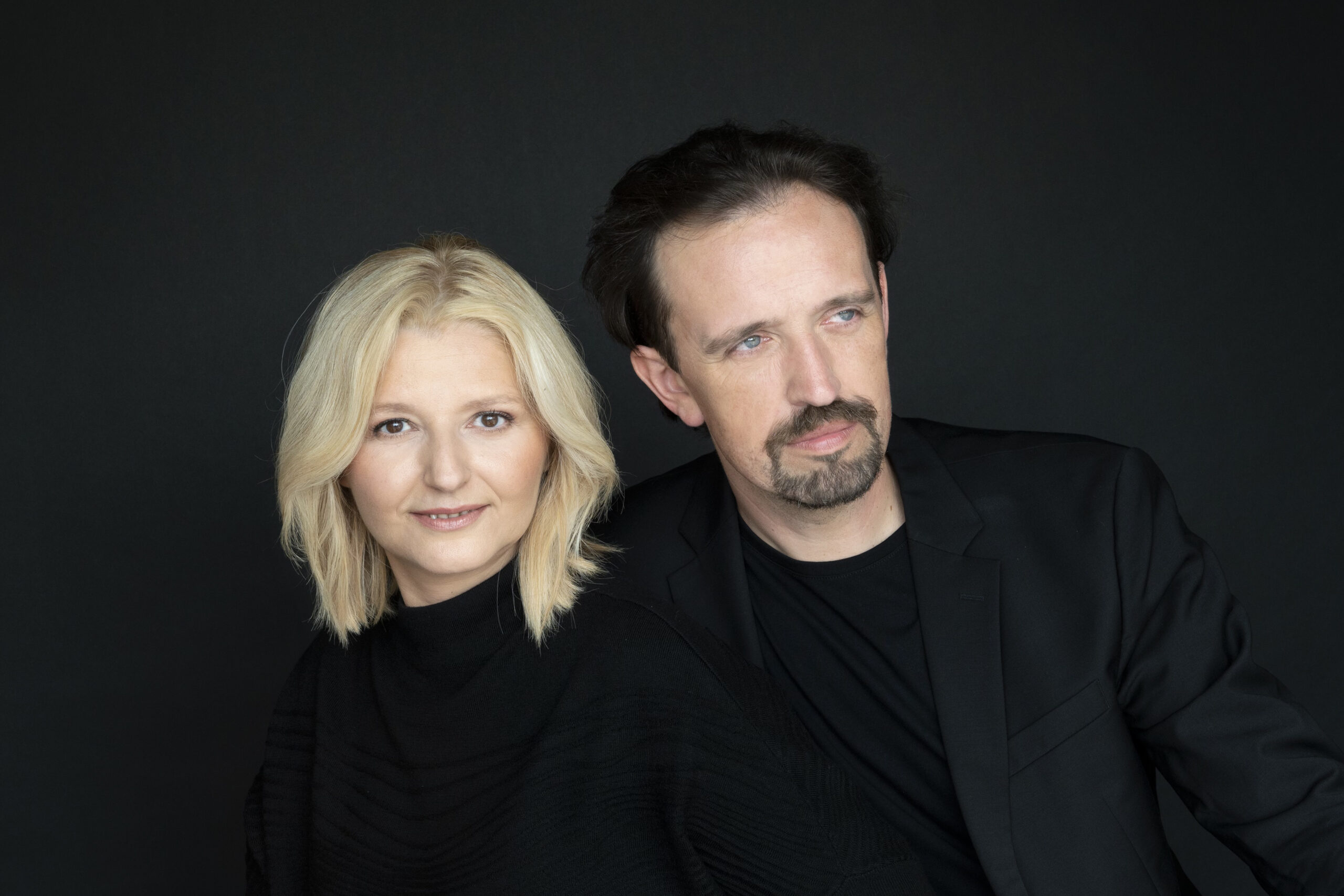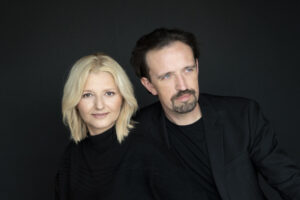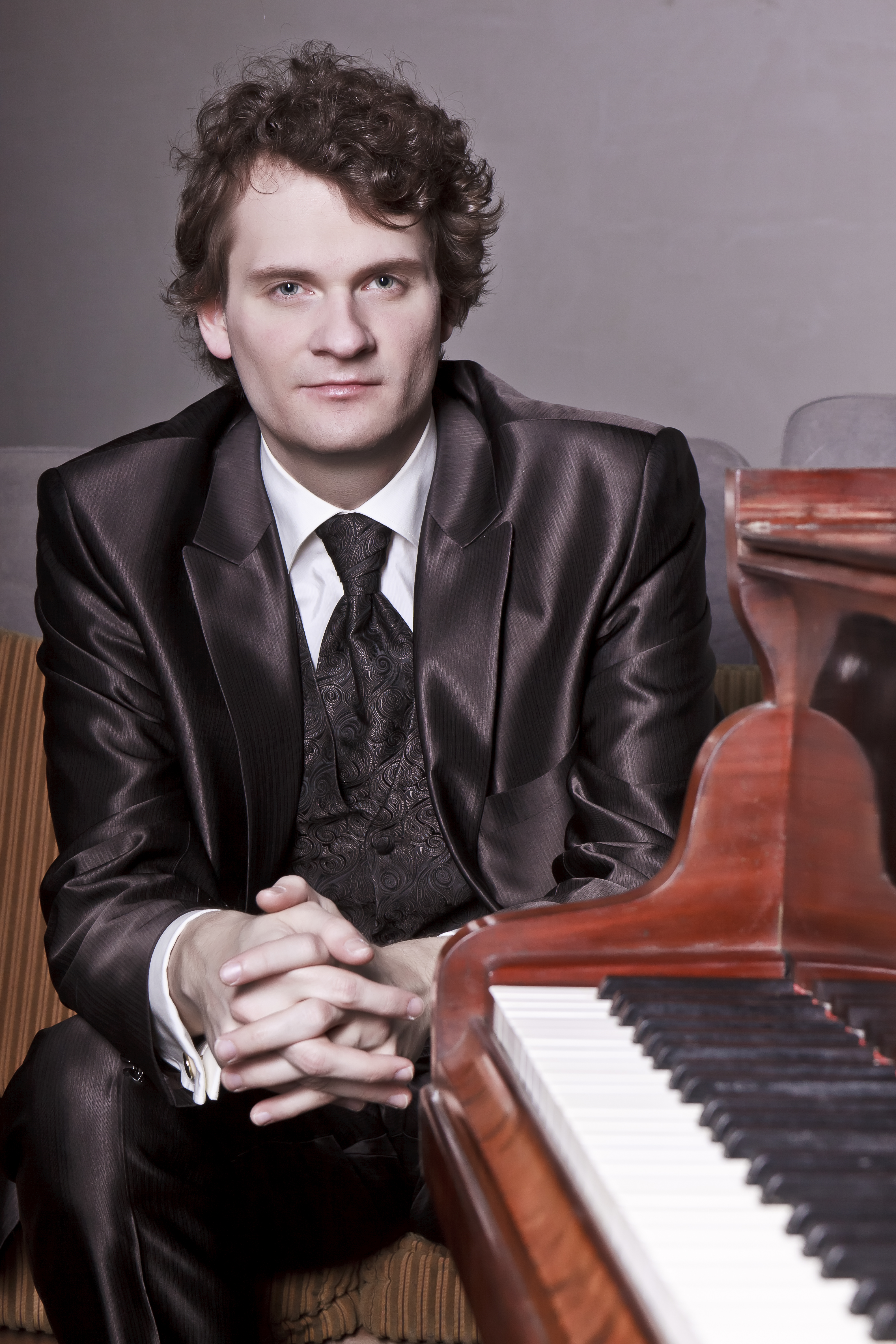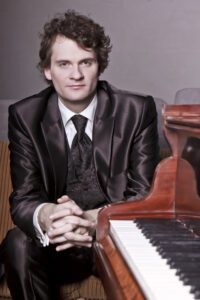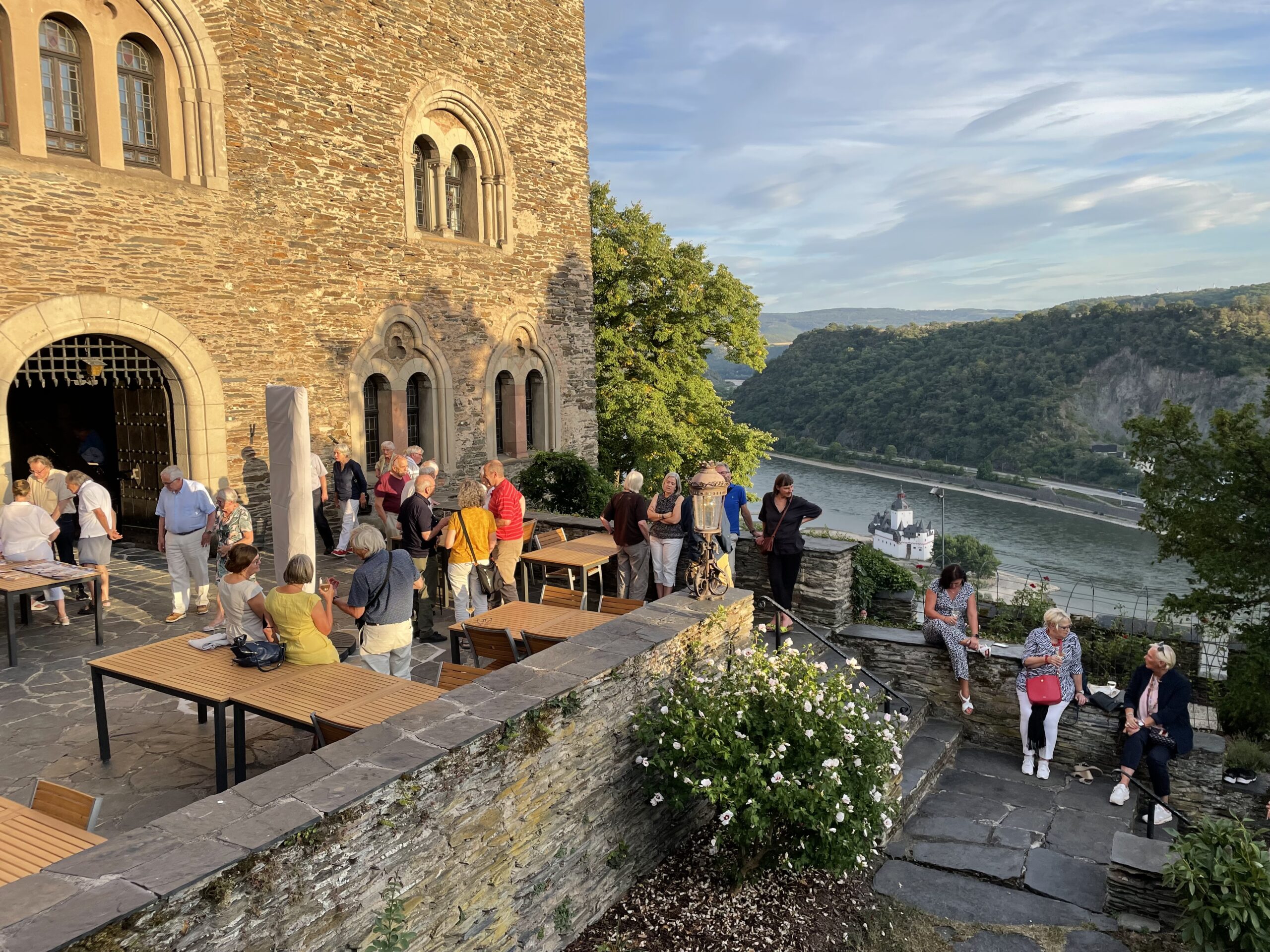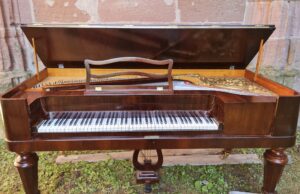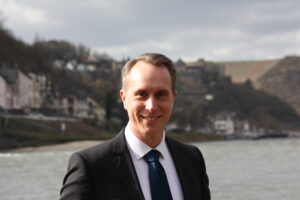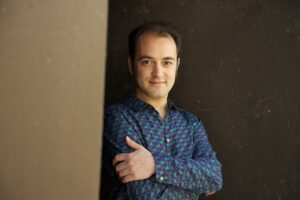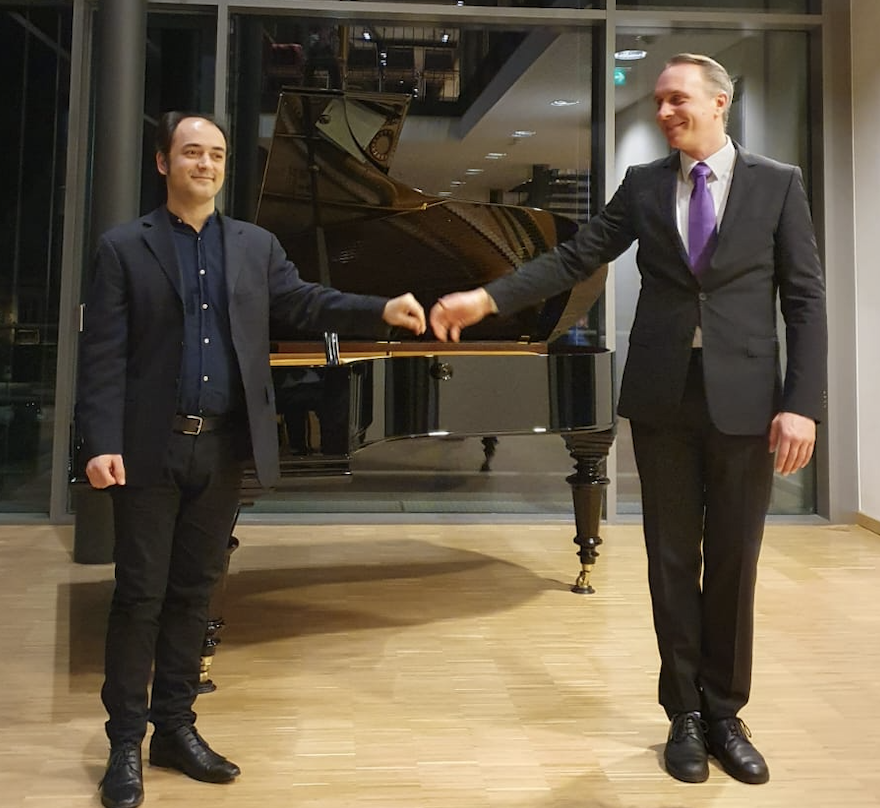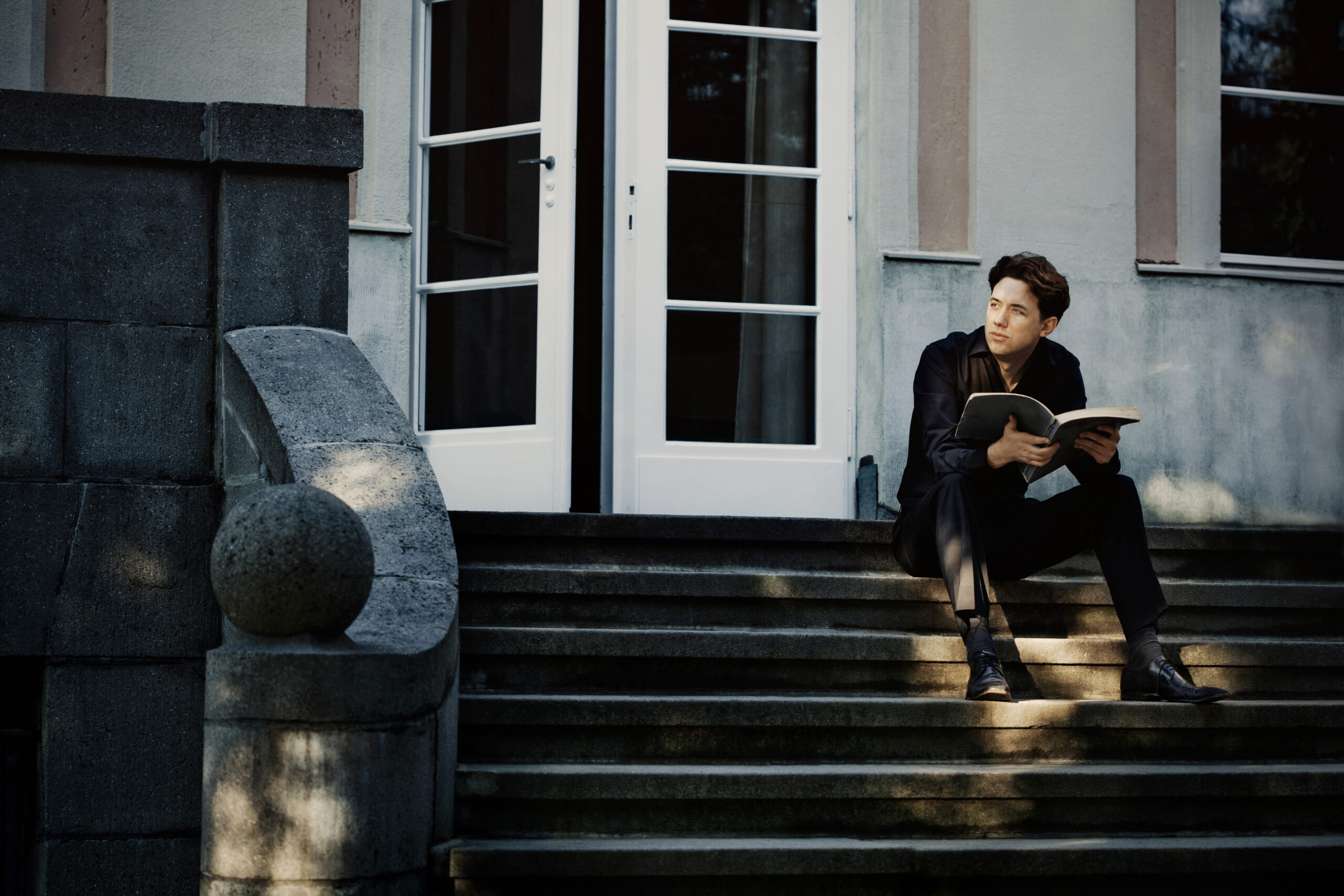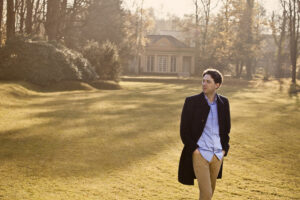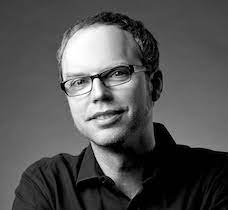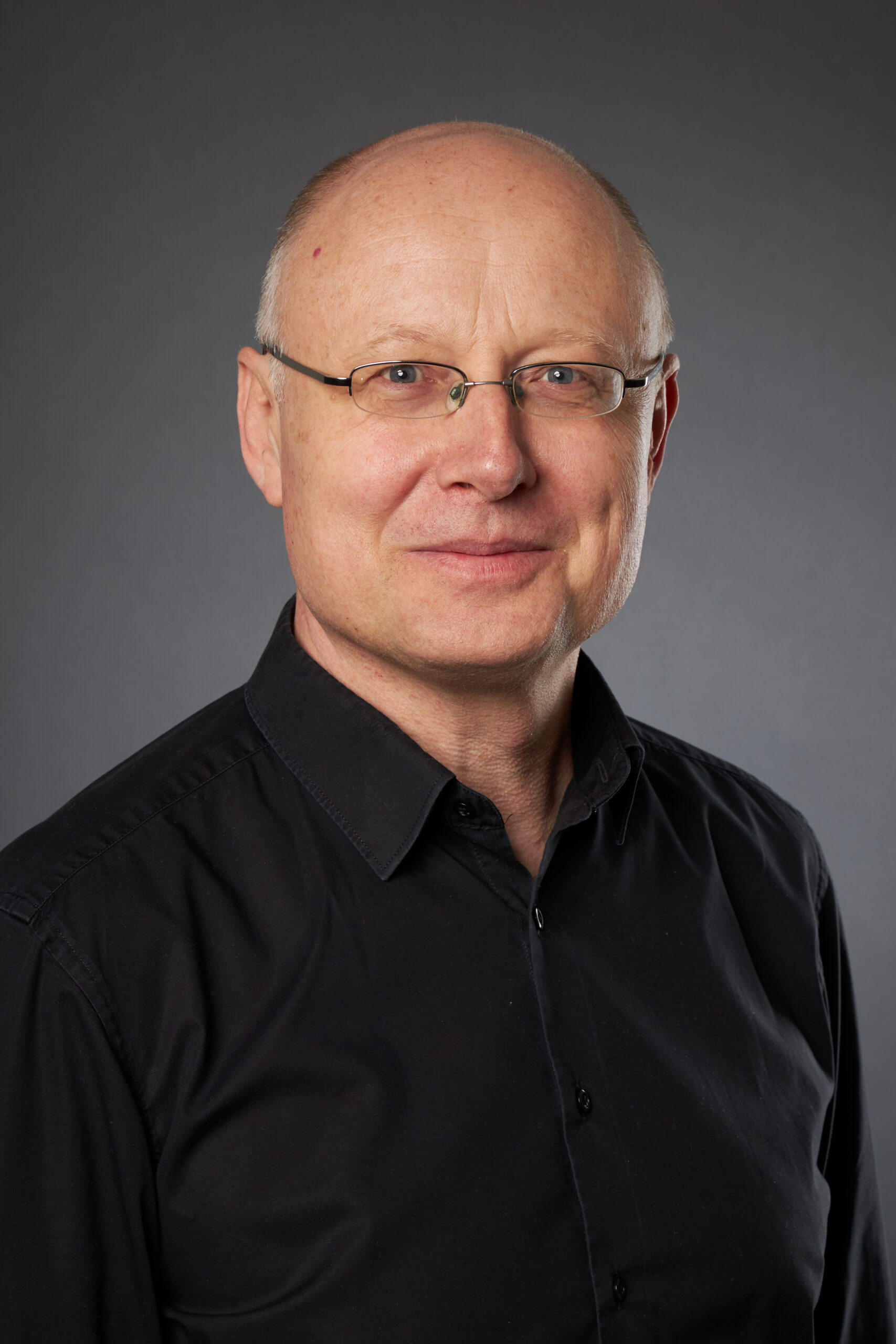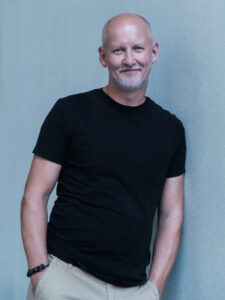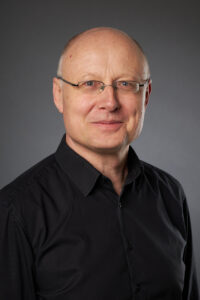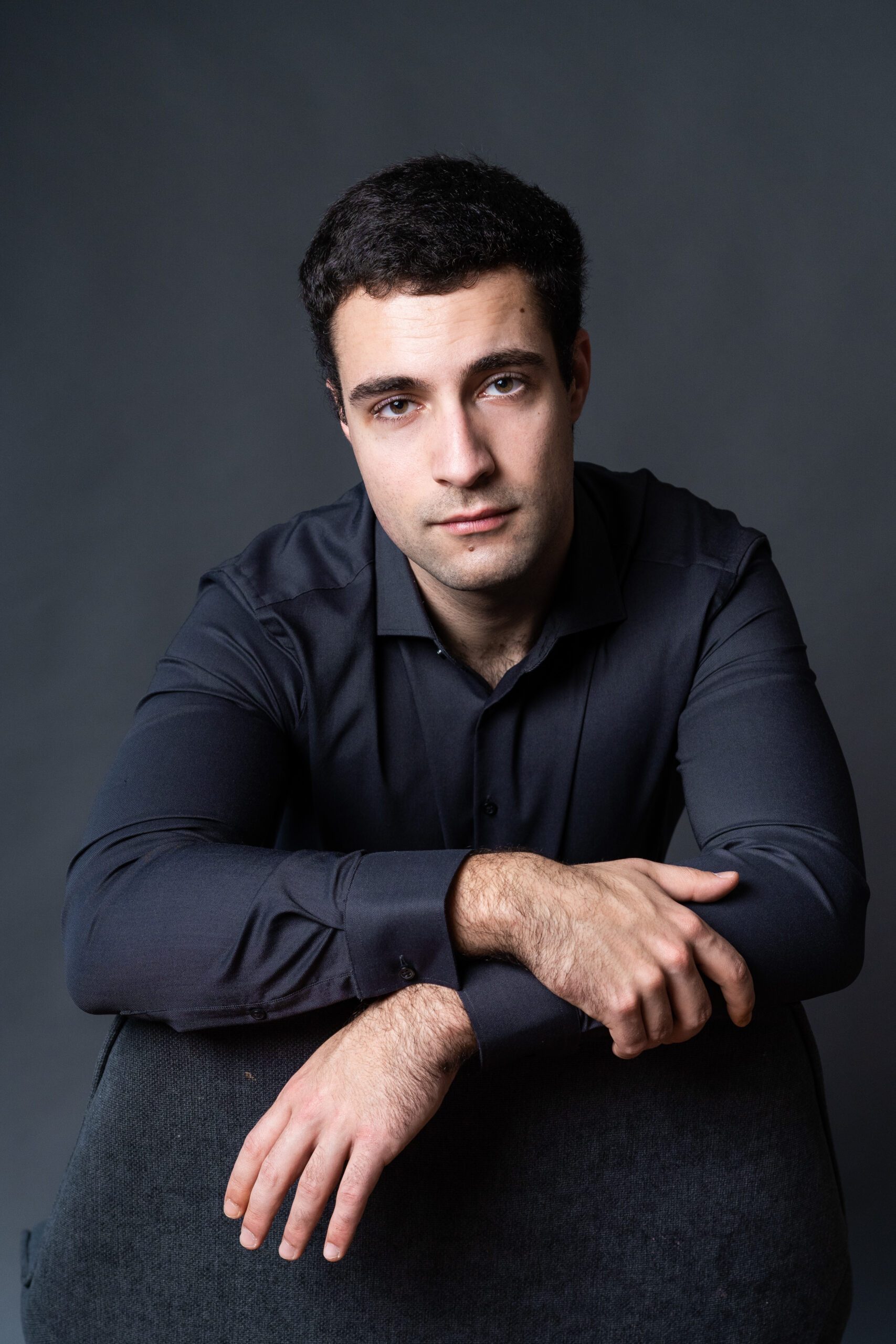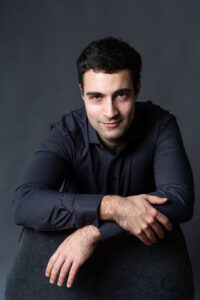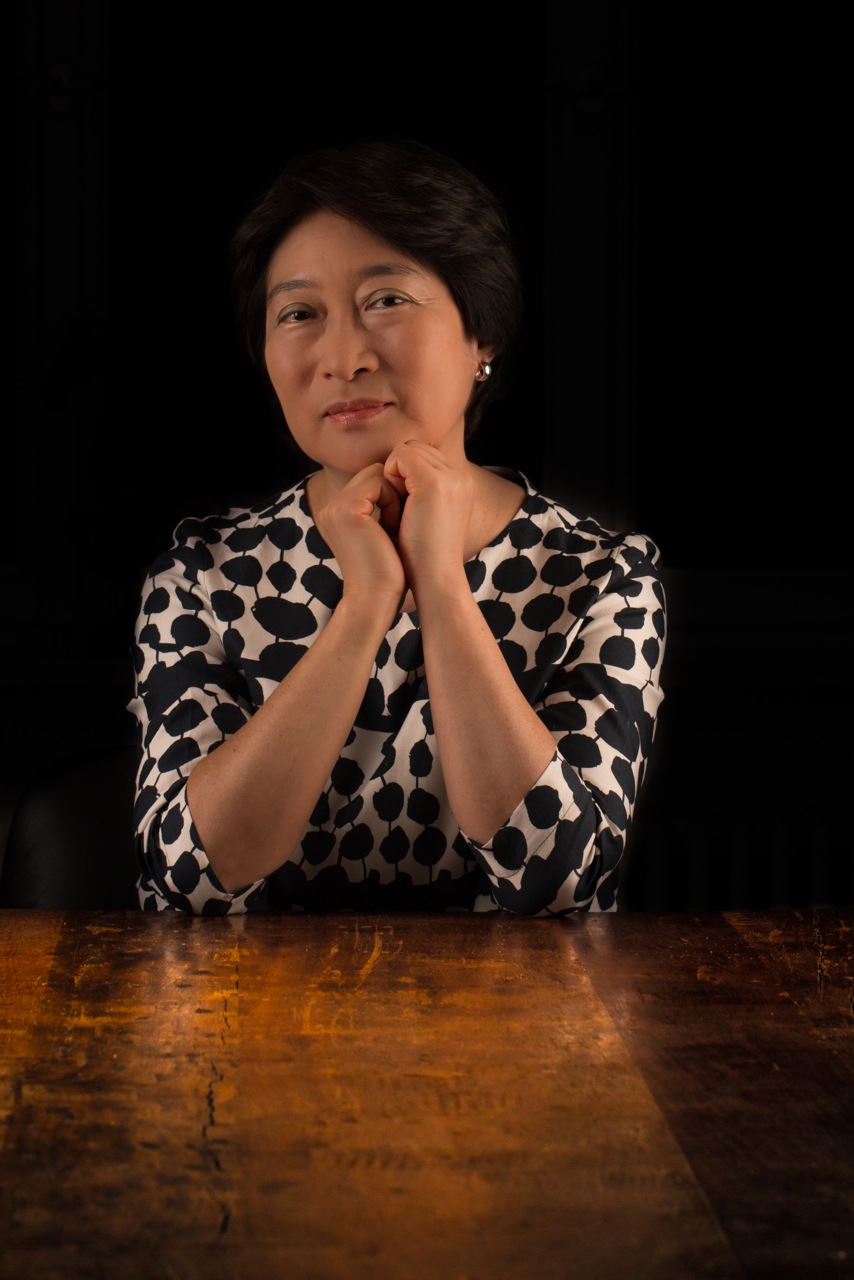
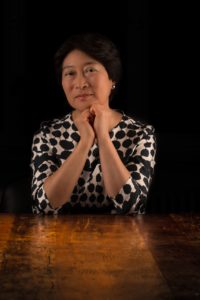 After studying at the State University of the Arts in Tokyo where she was born, the pianist Tomoko Ogasawara continued her studies in Germany at the University of the Arts in Berlin and the University of Music in Freiburg im Breisgau, where she received the solo diploma with honors and went on to win 1st Prize in the German Hochschulwettbewerb.
After studying at the State University of the Arts in Tokyo where she was born, the pianist Tomoko Ogasawara continued her studies in Germany at the University of the Arts in Berlin and the University of Music in Freiburg im Breisgau, where she received the solo diploma with honors and went on to win 1st Prize in the German Hochschulwettbewerb.
Among her teachers were Georg Sava, Tibor Hazay and Georgy Sebok who influenced her artistic development and led her to early success, for example as finalist in the international competitions “Maria Canals” / Barcelona and “ Clara Haskil” / Montreux.
Since then concert engagements have taken Tomoko Ogasawara to the concert halls of the international music world (such as Berlin, Montreux, London, Paris, Tokyo, Jerusalem, Bangkok, Shanghai). She has played concerts together with Albrecht Mayer, Jörg Widmann and Tabea Zimmermann and regularly plays with the principals and leading musicians of the Berlin Philharmonic Orchestra, the Bamberg Symphony Orchestra, the Bavarian Symphony Orchestra and the SWR Orchestra also in the context of chamber music formations, such as the piano trio “Franconia”, the ensemble “Abraxas” and at international festivals such as “Affinis” in Japan.
As soloist Tomoko Ogasawara has played, among others, with the Symphony Orchestra Berlin, Lausanne Chamber Orchestra, Bad Reichenhall Philharmonic Orchestra and the Chamber Philharmonic Orchestra Bamberg. She is featured in numerous radio broadcasts as well as CD recordings. In the season 2006/2007 Ogasawara performed the complete cycle of piano sonatas by W. A. Mozart.
Currently Tomoko Ogasawara passes on her musical experience through the teaching position she holds at the University of Music in Freiburg im Breisgau as well as regular master classes in Tokyo and Yokohama. Students of hers have won prizes in both national and international competitions.
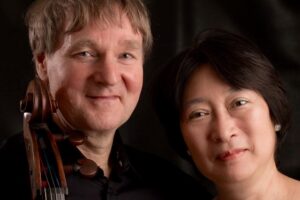 The Hamburg born Matthias Ranft received his first cello at the age of seven and while still in high school he started studying at the Conservatory of Music Arthur Troester. His musical education lead him to Freiburg with Christoph Henkel and then later after winning scholarships from the DAAD and the Cultural Society of German Industry he went to study with Janos Starker in Bloomington, Indiana, USA. Before his graduating from the Conservatory in Freiburg he had already collected Orchestra experience between 1981 and 1983 as solo cello with the Hofer Symphony and won the 1984 Mendelsson Competition in Berlin.
The Hamburg born Matthias Ranft received his first cello at the age of seven and while still in high school he started studying at the Conservatory of Music Arthur Troester. His musical education lead him to Freiburg with Christoph Henkel and then later after winning scholarships from the DAAD and the Cultural Society of German Industry he went to study with Janos Starker in Bloomington, Indiana, USA. Before his graduating from the Conservatory in Freiburg he had already collected Orchestra experience between 1981 and 1983 as solo cello with the Hofer Symphony and won the 1984 Mendelsson Competition in Berlin.
Since 1985 Ranft has been the first cellist with the Bamberg Symphony/ Bayerish State Philharmonic. On the side he takes regular part in international festivals such as Affinis in Japan. He also concertizes as a chamber musician with the ensemble ABRAXAS, Trio FRANCONIA, with Jörg Widmann, and with Frank Peter Zimmermann among others. He has also played as soloist under Gilbert Varga, Roger Norrington, Adam Fischer, Lawrence Renes and Jonathan Nott.
His musical accomplishments are shown through countless radio and CD recordings. He has shared his musical experience as a docent at the Freiburg Conservatory from 2001-2004 and at masterclasses throughout Japan. Matthias Ranft plays on a Giovanni Grancino cello from 1695.
Dates:
Arrival: Saturday, August 10, 2024 from until 2 pm
Closing Concert: Wednesday, August 14, 2024 at 7 pm
Departure: Thursday, August 15, 2024 until 2 pm
Piano-works from all periods: from Baroque over Classic and Romantic to Modern Music; preparation for exams, concerts and competitions
Repertoire:
Piano solo or for four hands
Chamber Music for Piano and Violoncello
Accommodation:
Students are hosted on a shared room basis in a beautiful villa on the bank of the Rhine river.
Meals:
A kitchen is available for cooking; groceries can be bought in a nearby supermarket. Group shopping is advised. A different team can do the cooking daily, which can be organize in situ.
Rooms:
Committed to the spirit of romanticism, all masterclasses offered by the Sankt Goar International Music Festival and Academy unite everything under one roof: living, learning, eating and sleeping. That is why participants will be hosted on a shared room basis.
For further impression, please visit our venue site.
Audition information and registration:
In order to be accepted, you must meet one of the following criteria:
(a) be recommended by Ms Ogasawara, or
(b) submit an unedited video audition (YouTube link) for review.
In addition, you must complete and submit our application form and pay a €40,- application fee.
Registration Deadline: August 5, 2024
Tuition:
Course fee (incl. accommodation): €550,-



